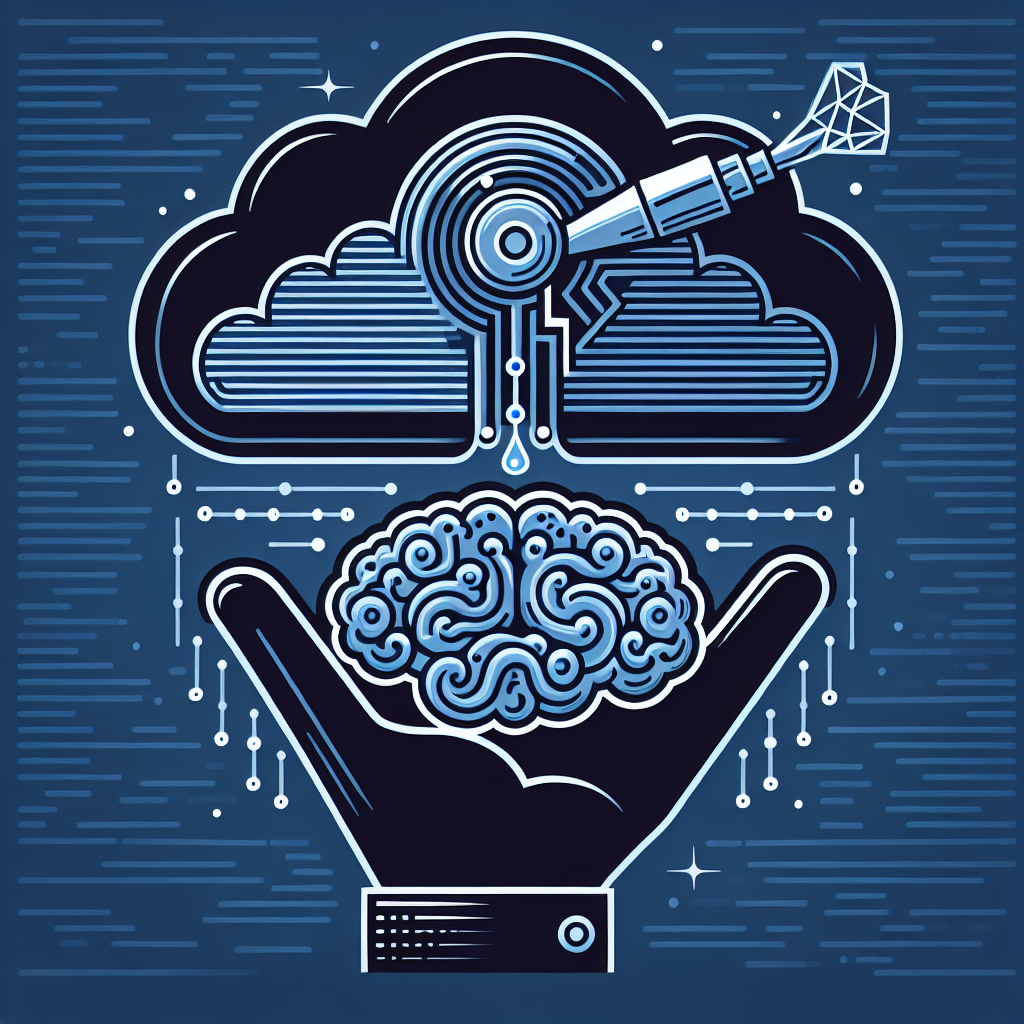Machine learning has revolutionized the way we interact with technology, and its impact on cloud services cannot be overstated. By leveraging advanced algorithms and data analytics, machine learning has transformed the way organizations manage, process, and analyze massive amounts of data in the cloud. In this article, we will explore the key ways in which machine learning is shaping the future of cloud services and the benefits it offers to businesses and consumers alike.
One of the main advantages of integrating machine learning into cloud services is its ability to automate and optimize processes. Machine learning algorithms can analyze large datasets to identify patterns and trends, enabling organizations to make more informed decisions in real-time. This automation not only saves time and resources but also improves the accuracy and efficiency of cloud-based applications and services.
Another significant impact of machine learning on cloud services is its ability to enhance security measures. By analyzing user behavior and identifying potential threats in real-time, machine learning algorithms can help organizations detect and prevent cyber attacks before they cause any harm. This proactive approach to security is crucial in today’s digital landscape, where data breaches and cyber threats are becoming increasingly common.
Furthermore, machine learning can improve the performance of cloud services by optimizing resource allocation and workload management. By analyzing historical data and user patterns, machine learning algorithms can predict future demand and adjust resources accordingly to ensure optimal performance and scalability. This dynamic resource allocation not only improves the user experience but also reduces costs for organizations by eliminating the need for manual intervention.
In addition to automation, security, and performance improvements, machine learning can also enhance the personalization of cloud services. By analyzing user preferences and behavior, machine learning algorithms can tailor recommendations and content to individual users, creating a more personalized and engaging experience. This level of customization not only improves user satisfaction but also increases user retention and loyalty.
Overall, the impact of machine learning on cloud services is profound, offering numerous benefits to organizations and consumers alike. From automation and security enhancements to performance improvements and personalization, machine learning is reshaping the future of cloud services and driving innovation in the digital era.
FAQs:
1. How does machine learning improve security in cloud services?
Machine learning algorithms can analyze user behavior and identify potential threats in real-time, enabling organizations to detect and prevent cyber attacks before they cause any harm. This proactive approach to security enhances the overall security measures of cloud services and helps organizations mitigate risks effectively.
2. How does machine learning optimize resource allocation in cloud services?
By analyzing historical data and user patterns, machine learning algorithms can predict future demand and adjust resources accordingly to ensure optimal performance and scalability. This dynamic resource allocation improves the performance of cloud services and reduces costs for organizations by eliminating the need for manual intervention.
3. How does machine learning enhance the personalization of cloud services?
Machine learning algorithms analyze user preferences and behavior to tailor recommendations and content to individual users, creating a more personalized and engaging experience. This level of customization improves user satisfaction, increases user retention, and drives user loyalty to cloud services.
4. What are some real-world examples of machine learning impacting cloud services?
Some real-world examples of machine learning impacting cloud services include Amazon Web Services (AWS) offering machine learning services for predictive analytics, Google Cloud Platform using machine learning algorithms for data analysis, and Microsoft Azure incorporating machine learning for personalized recommendations in cloud services.
In conclusion, machine learning is revolutionizing the way organizations manage and optimize cloud services, offering numerous benefits such as automation, security enhancements, performance improvements, and personalization. As machine learning continues to evolve and advance, its impact on cloud services will only grow stronger, driving innovation and transforming the digital landscape for years to come.

